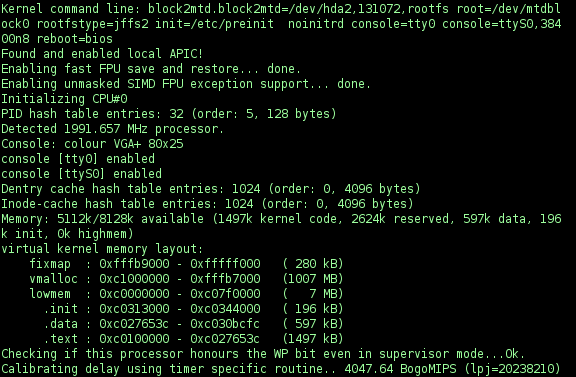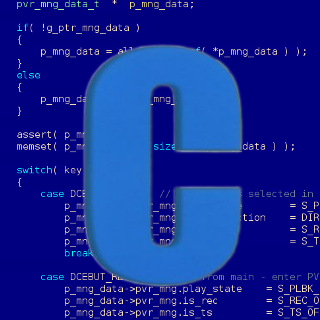
How can you see which code a module executes when your app calls an ioctl system call? Consider this situation: You app gets to the point where it executes an ioctl syscall and returns an error, e.g. if (ioctl(fd, STVMIX_IOC_DISCONNECTLAYERS, &STVMIX_Ioctl_DisconnectLayers) != 0) { /* IOCTL failed */ ErrorCode = ST_ERROR_BAD_PARAMETER; printf (” STVMIX_DisconnectLayers():Ioctl error […]
